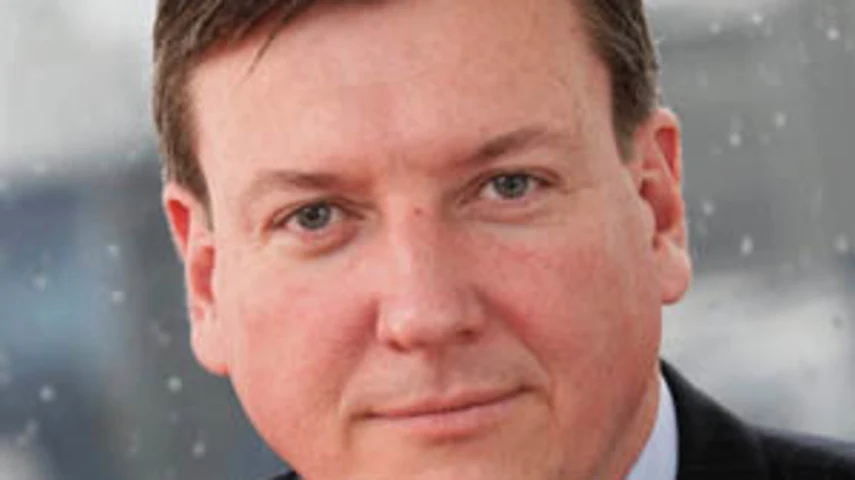Retirees’ needs not being met



There is a significant gap in product choices for those moving into the pension or the de-accumulation phase of retirement, according to the Financial Services Council CEO John Brogden.
Brogden said as a large cohort of people move into the drawdown phase they are going to start asking the age-old question of "how long am I going to live for?"
"We need to have comprehensive policy settings on the drawdown phase and I don't think we have them. I don't think that will be a discussion that will happen in five minutes. I think that will be a long discussion," Brogden said.
It is time to move from the current discussion of accumulation to a focus on retirement income or retirement outcomes phase, Brogden said.
The comments come as the FSC-DST CEO Survey 2014 found that 77 per cent of CEOs believe the superannuation sector is not ready for the huge increase in the demand for retirement products.
He believes a MySuper type default retirement product might be the right solution to urge retirees to go for income streams instead of lump sums.
"Europeans are stunned that we give people lump sums. They're stunned that we risk people losing all their money, and all of their retirement savings overnight," Brogden said.
He added, however, that while there is no evidence of retirees splurging their lump sums overnight, the real issue is whether the lump sums are lasting as long as possible.
Brogden also considered the option of forcing people to annuitised pensions or annuities, but said the move would be a "big shift, and there would be political consequences to that".
"There are tax issues that need to be cleaned up with respect to annuities. And we're very keen to have that happen. We think annuities should not be tax-penalised to people. They should have that option," he said.
Recommended for you
The super fund has launched Retirement Manager, a digital advice tool helping members plan income, spending, and retirement confidence with integrated support.
APRA has warned retail super trustees that financial adviser involvement in recommending platform products does not diminish their obligations, as regulators turned the spotlight on the Shield Master Fund and First Guardian Master Fund during a meeting with fund CEOs.
AMP’s chief economist has unveiled a wish list for the Australian government’s Economic Reform Roundtable.
Australian retirees could increase their projected annual incomes between 3 and 51 per cent by incorporating personal and household data into their retirement income strategies, according to new research.









